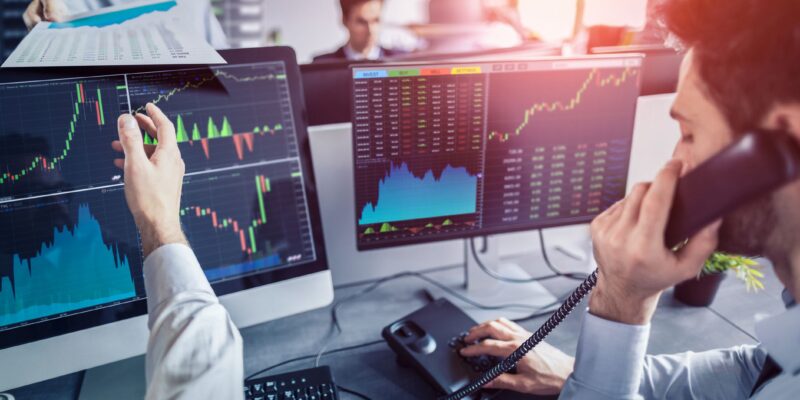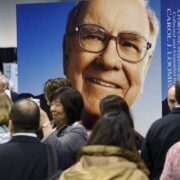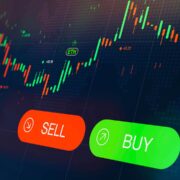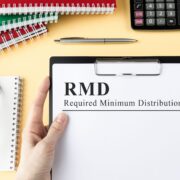Exchanges and retail brokers, under scrutiny after recent outages within their markets, have spent months preparing for Election Day. Now their preparations, for what might be a highly volatile trading period, will be tested.
Previously this month, glitches at Euronext affected trading in several European countries and a hardware failure at the Tokyo Stock market caused the worst-ever interruption for the world’s third-largest equity market. In August, cyberattacks hit New Zealand’s stock market, and in July, a Deutsche Boerse trading platform was quickly hobbled for the 2nd time given that April.
Market breakdowns– there have been lots of recently– can deteriorate investor confidence, and exchange operators say they have taken steps to guarantee they can handle a potential election-related spike in volatility.
“This thing could take days, weeks, months, so we started a journey of increasing our capability by multiple times,” Kevin Kennedy, head of U.S. alternatives at Nasdaq Inc, said of the capacity for drawn-out election outcomes and his firm’s preparations.
Nasdaq executives started expecting the Nov. 3 election in March after the coronavirus pandemic whipsawed markets and sent out trading volumes skyrocketing, he said.
The choice to improve capability came after the number of stock trades at Nasdaq in March soared to two-and-a-half times their 2019 peaks, while alternatives volumes tripled, stated Tal Cohen, head of the exchange operator’s North American markets.
Nasdaq’s systems carried out without a drawback throughout the March trading surge, he added.
That was not the case throughout the industry.
Robinhood, the fintech startup credited with helping present a new generation of investors to trading through its app, has experienced a number of outages because early March, particularly on high-volume days.

The Silicon Valley-based brokerage said its top priority is to guarantee its platform carries out as its clients require and expect it to when asked what steps it has taken ahead of the election.
“This year, our engineering teams have worked vigilantly to even more solidify our facilities, enhance reliability, and boost capability,” said a Robinhood spokesperson.
Retail broker TD Ameritrade, which had a blackout on its desktop platform in August, and its new parent business, Charles Schwab Corp, both said they are ready for a possibly unpredictable period in the markets.
“We’re lining up all offered customer service resources to be available to help on the phones. In addition, we are interacting with clients about our election-related education and commentary,” said a Schwab spokeswoman.
Exchange operator Cboe Global Markets, which had no issues during the coronavirus-driven volume surge, said its screening has revealed it is prepared to deal with “anticipated increased volatility around the U.S. governmental election.”
Still, Cboe stated it increased the size of its Chicago-based trading floor to accommodate additional market makers and brokers.
“This was done to ensure appropriate liquidity and broker coverage in anticipation of potential expanded volumes and volatility around the election,” stated a Cboe spokeswoman.
Intercontinental Exchange Inc’s New York Stock Exchange stated it does routine testing however has not taken any special election-related steps.
Unrelated to the election, exchanges, together with banks, large brokers, and market utilities, held an industrywide service continuity and disaster healing strategy test this previous weekend to reveal they might run from their backup sites in the case of an emergency situation.
Overseas, Deutsche Boerse said its systems have adequate capacity to deal with heavy deal loads, and that it has not put in location any brand-new procedures prior to the U.S. elections.
Euronext said its current outage was because of a “technical issue affecting a third-party component,” and that its systems dealt with the high volumes earlier this year without event.























Comments